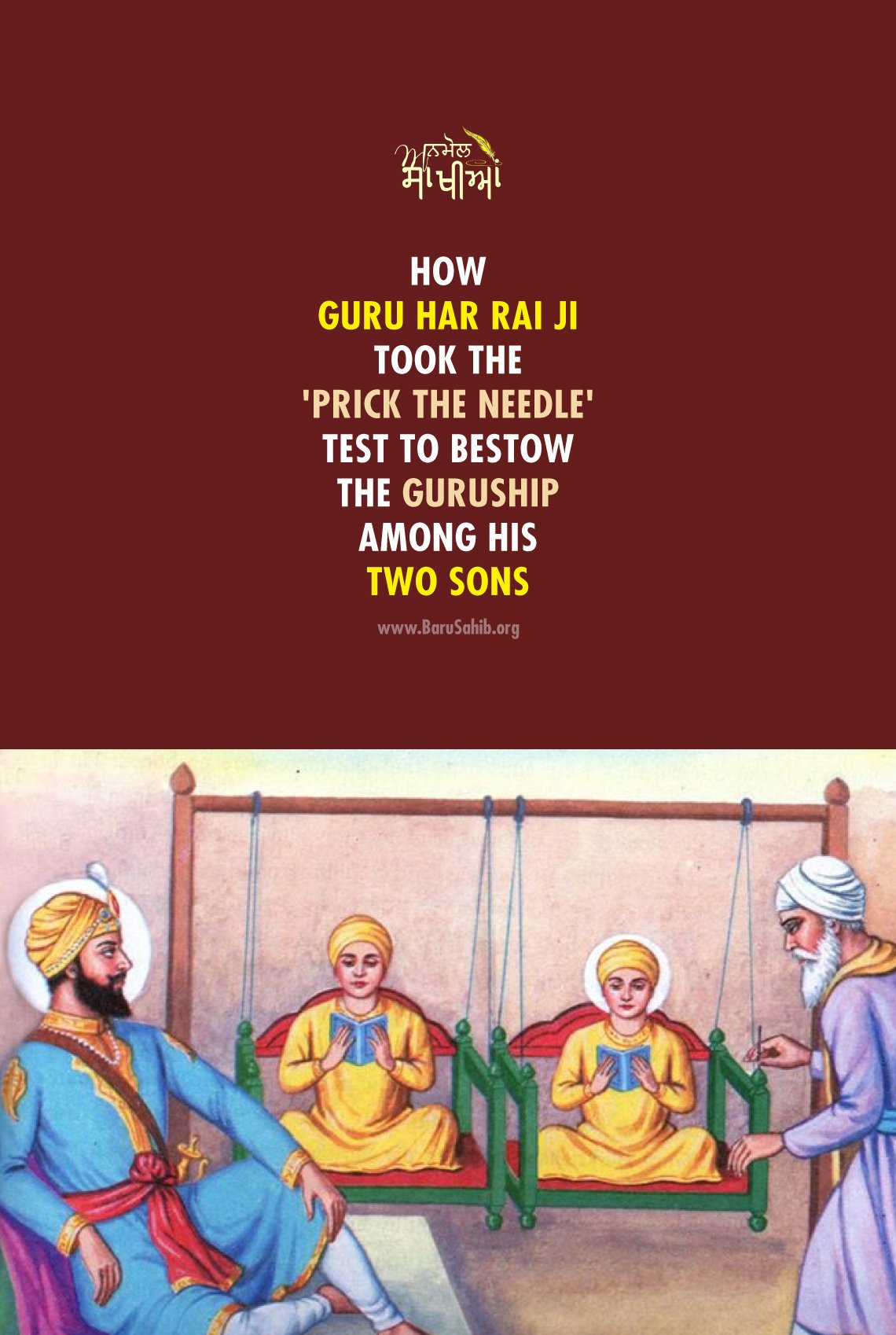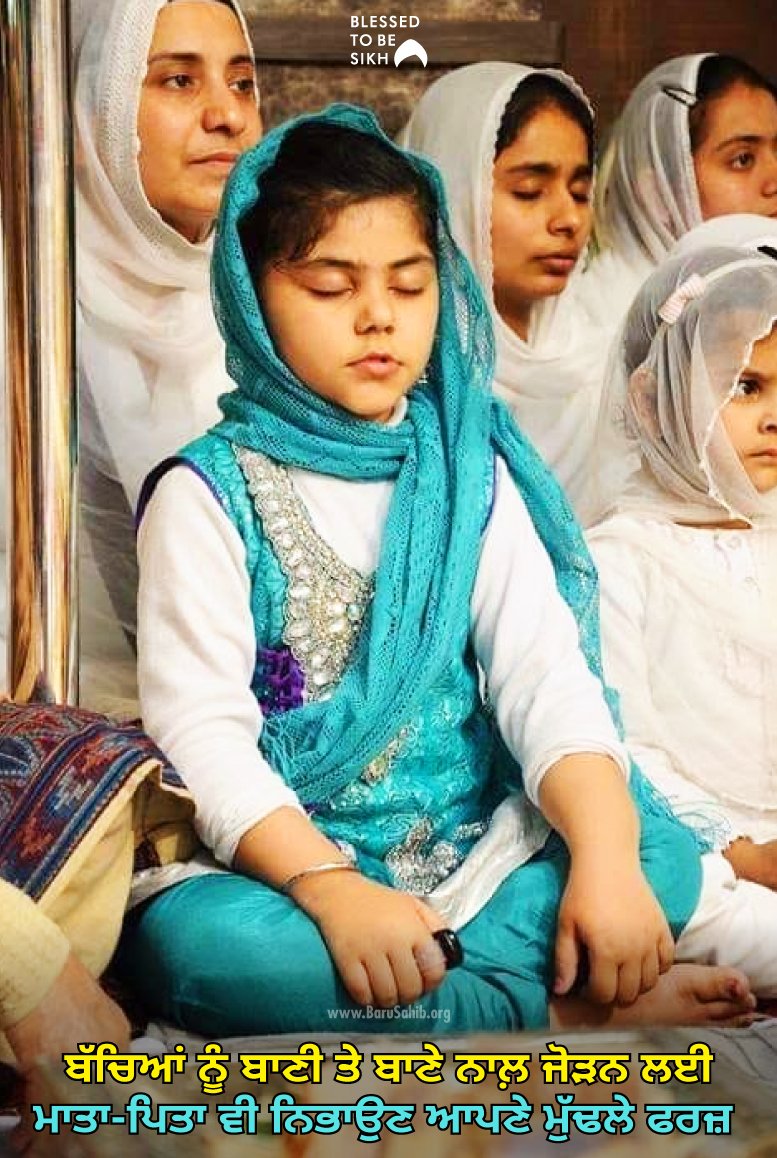Rajbir Singh has no memories of his father and grandfather, except stories that have been passed on to him by his family.
One of the stories — about their deaths, is violent and gory but that is the one etched in his memory.
Rajbir was told that he was 11 months old in 1984, when a mob burnt his grandfather Kirpal Singh alive on the hand-drawn cart he used to hawk peanuts for a living.
When his disabled grandmother limped out to pull the body, lying in a heap of other bodies, the mob pushed her away. Then they dumped the bodies on a truck.
“Aaj bhi rongte khade ho jaate hain un kahaniyon se. (The hair-raising stories evoke horror even today),” says Rajbir, now 33, as he recalls the gruesome stories from the days when violence against Sikhs swept through Delhi and other parts of the country after the assassination of then Prime Minister Indira Gandhi in 1984.
“Log bacchon ko raja-rani ki kahani sunate hain, humein yeh sab kahaniyan sunayi jati thi. (People tell stories of kings and queens to their children but we were told these stories),” he adds.
He was given detailed accounts of how his father, Modhu Singh, was the next to be killed. The mob — armed with iron rods, petrol cans and wooden sticks — entered the house and dragged out his father.
They doused him with petrol and burnt him alive.
Rajbir’s terrified mother dressed Rajbir and his elder brother in his sister’s clothes to save them. He recalls his grandmother telling him the chilling slogan used by the mob during the attack — “Saanp toh maar diye, saanpolon ko bhi maar do (Kill the children of the snakes as well).” He is one of the thousands of orphans of the carnage; the youngest of four siblings, all under the age of 10 at that time. While he was too young to remember the horrors of the violence, he has spent his lifetime in its shadow.
The family resided in Trilokpuri’s block 32 where almost 400 people were killed. Rajbir’s father was a porter at the Nizamuddin railway station, his earnings too meagre to send the children to school.
“Hum bahut chhote varg ke log the, par mere pita bahut bahadur the, ek sache Sikh ki tarah. (We were from a very poor background but my father was very brave like a real Sikh),” he says.
On the night of October 31, 1984, when violence first spread, Rajbir’s father did not come home, spending the night at the station. The next day he returned but by then the mob had reached his doorstep.
Rajbir’s mother begged her husband to cut his hair but he refused to part with an integral part of his faith. He told his wife, “Bach gaya toh tumhara, mar gaya toh Wahe Guru ka. (If I survive, then I am yours, if I die then I’m Wahe Guru’s).”
Rajbir now runs a cramped grocery and mobile recharge shop in a Tilak Vihar resettlement colony, in West Delhi. Picking up a photograph of his father from a shelf he says, “Look, he is so cute.”
All that he has left of his father are memories of the massacre, two photographs and a Rs 5 note. “That was his last earning which he gave my mother on the day he was killed. We have saved it carefully,” he says.
It was in 1986, after his mother got a grade IV government job that the children first went to school. But as they grew up, her earnings were not enough. He dropped out of school after class 10 to support the family. For several years, he worked as a mechanic, doing odd jobs.
During this time, Rajbir lost several friends when drug addiction spread among the young children of riot survivors. “Hum sab ke gwale chhin gaye the. Bahut log nahi sambhal paayein aur nashe mein pad gaye. Maine khud na jaane kitni laashein uthayi hain. (All our protectors were snatched away. Lots of young men could not deal with it and took to drugs. I have shouldered so many dead bodies).”
His marriage in 2005 and subsequent fatherhood made him less bitter, he says. In 2010, he opened the shop which he has been running since then. At one point, Rajbir’s three-year-old son walks in, asking for a packet of crisps. Losing his father meant that Rajbir can never say no to his children. His elder daughter is 10. Though painful, he wants his children to know everything that happened to their family.
What still rankles him though is the absence of accountability of those responsible. Cases against many accused including three Congress leaders — Sajjan Kumar, Jagdish Tytler and HKL Bhagat — have dragged on for years. Bhagat died in 2005.
“Just like Indira Gandhi’s death caused trauma to her family, the Sikh community suffered the loss of their sons. As a Sikh, I too am saddened by her killing. But if her killers could be given death penalty, then why were Congress leaders responsible for killing innocent Sikhs not punished?” he asks.
For the adult survivors, there are memories of husbands and fathers to live by, but Rajbir doesn’t have those. For the witnesses, there are legal battles to be fought for justice, but for a child who never knew his father, closure is never really an option.
-Hindustan Times










